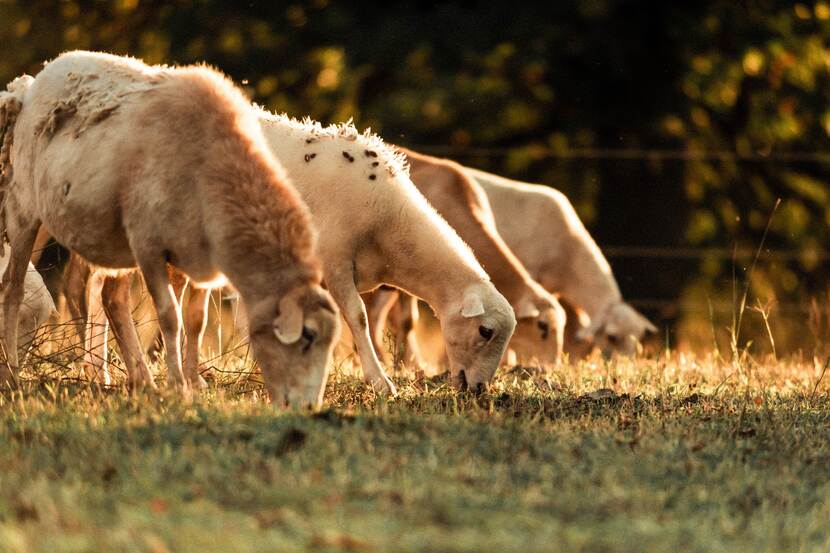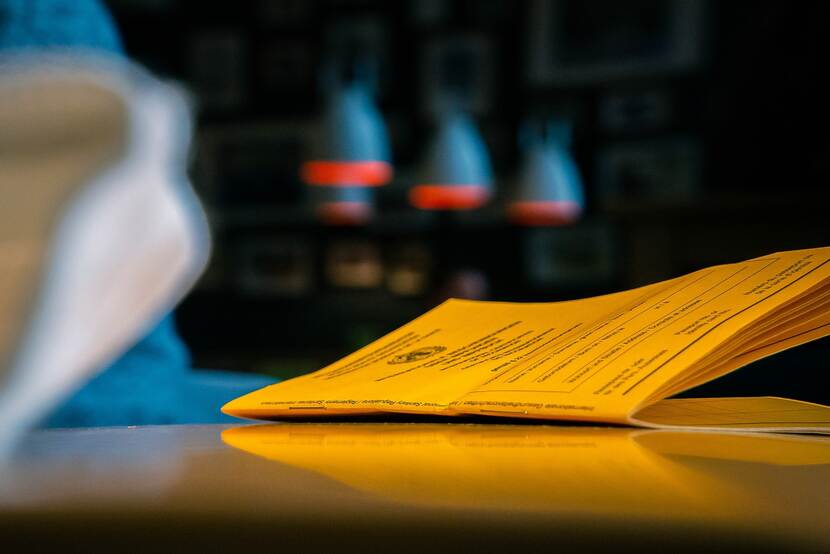Hungary: EU support for researching ecologically friendly grazing methods
Hungarian researchers studying grazing methods that can decrease invermectin usage to receive €2.5 million grant

Modern animal husbandry relies heavily on various livestock medicines, including invermectin, which is used to treat parasite infections. Invermectin itself is a necessity, however, its widespread usage can lead to environmental damages. “The problem with anti-parasitic medicine is that through manure, it can enter the ecosystem and kill the insects of the pasture,” commented Szabolcs Lengyel of the Centre for Ecological Research in the institution’s recent press statement.
This is not only a problem for the conservation of the environment, it can also damage the ecosystem’s capacity to process organic waste and nutrients, leading to a lower rate of vegetal growth on pastures, hurting farmers.
The Centre for Ecological Research, together with the directorate of the Kiskunság National Park, the University of Debrecen and a nature and environmental conservation NGO called Dunatáj have launched a project to find a solution and have been awarded an EU research grant of €2.5 million to fund their studies.
The scientists are now looking into novel methods of grazing. Animals are usually administered anti-parasitic medicine before the spring grazing season. “Invermectins take a long time to degrade, and their concentration can remain high for 30 to 40 days, potentially killing insect eggs and larvae laid in animal manure,” Mr. Lengyel added. “We are developing new grazing methods in which we either avoid anti-parasitic medicine, or we use it earlier, so that it is not present in the animals’ bodies when they are let out to graze at the pasture.”
As a part of the study, the new grazing methods will be tested in meadows near Miklapuszta, within the territory of the Kiskunság National Park, where livestock has not been grazed for a long time, so animal parasites are not present.
The experiment phase will include various groups of sheep and cattle that are not treated with invermectins, or treated but with different dosages, respectively.
The researchers will also cooperate with local farmers and will also thoroughly monitor the local flora and fauna, including insectivore birds. The leaders of the project hope that highly endangered protected animals like the Kentish plover and the Eurasian stone-curlew will also reappear in pastures in the area.
***
Get the full picture.

In the latest Serbia Newsflash, we report on changing crop prices at the commodity market, the new EU-Serbia COVID certificate agreement, changing consumer habits regarding recycling, Western Balkans trade streamlining and the accelerating Serbian economic growth rate.

In this week’s Hungary Newsflash, you can find out more about Hungary’s macroeconomic projections for the coming years, an employer tax cut package announcement, the expected milling industry and bakery product price increase, and the foreign expansion plans of the National Stud Farm.